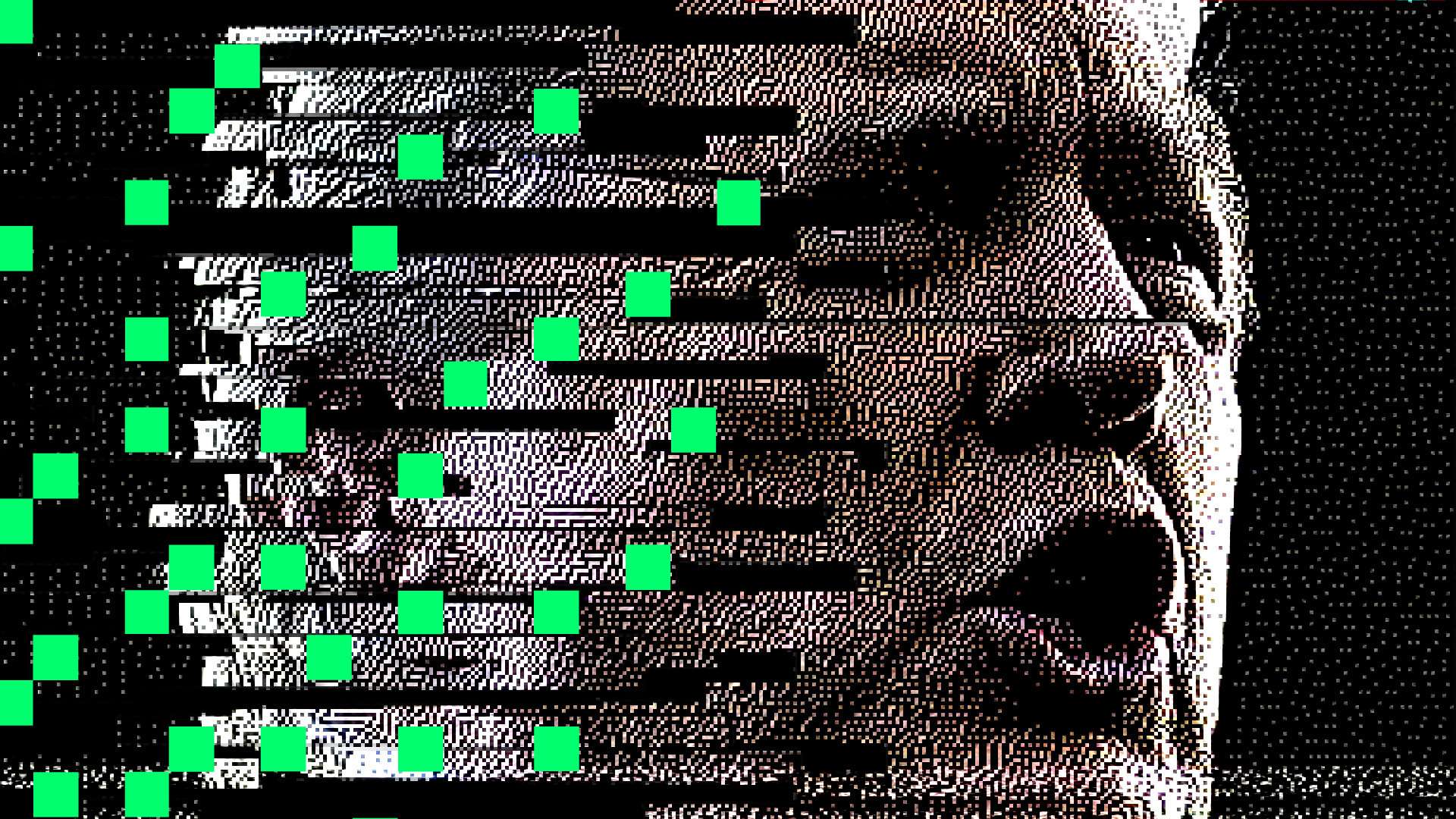Balancing Act: How Deepfake Regulations Impact Free Speech
The rise of AI-generated media has dramatically advanced the quality of images, audio, and video to the extent that they closely resemble real life. This innovation, while impressive, has initiated a host of legal and ethical challenges, particularly surrounding deepfakes—synthetic media that convincingly impersonates reality. Lawmakers are increasingly alarmed by the potential of deepfakes to malign reputations and disrupt political landscapes, especially during election campaigns. The fear of “political misinformation” has garnered attention from both parties; Democrats target the misuse of such media as problematic, while Republicans express concern over their potential to harm candidates’ reputations. The pervasive anxiety around deepfakes has resulted in notable bipartisan legislative action, with over a third of U.S. states enacting laws aimed at regulating their usage during elections.
Most of the recent laws concerning deepfakes focus on civil penalties, yet some, notably those in Texas and Minnesota, venture into the territory of criminalization for synthetic media intended to influence elections. Texas has enacted a law with implications akin to criminal defamation, where violators may face up to a year in prison. Minnesota’s legislation is even more severe, categorizing the mere redistribution of deepfake content—potentially even through social media—as a punishable offense, subjecting repeat offenders to up to five years in prison and allowing for the removal of public officials guilty of disseminating deepfakes. The ambiguous language defining terms such as “deepfake” and “disseminate,” coupled with substantial criminal repercussions, raises significant First Amendment concerns, especially considering that these laws do not specifically exempt parody or satire.
In September, a state appellate court ruled Texas’ deepfake law unconstitutional, critiquing its overreach and citing the fundamental nature of influencing elections as a form of political expression. This highlights the inherent conflict between regulating deepfakes and upholding the right to free speech. Even laws that enforce civil liability, such as California’s Assembly Bill 2839, share similar issues. California’s legislation prohibits the distribution of altered political media deemed misleading with malicious intent; however, it casts a wide net, encompassing common political memes and edited content. Governor Newsom emphasized that this law could apply to many forms of digital content, especially those shared on social media.
AB 2839 also introduces a controversial “bounty hunter” provision, allowing individuals who perceive content as materially deceptive to sue its distributors. This encourages potential litigation over political content, effectively placing the burden on social media users—who could face legal consequences merely for sharing a meme. This is compounded by the vague definition of “distribution,” making it unclear who may be liable. The law’s design appears to act as a deterrent against creating or sharing deepfakes, reflecting a broader intention to prevent their negative impact on elections rather than just seek redress after the fact. The implications of such a provision could lead to a deluge of lawsuits aimed at ordinary social media engagement.
The introduction of AB 2839 has already sparked legal challenges, particularly from individuals like conservative meme creator Christopher Kohls, who has sought to ban its enforcement. A federal judge recently intervened, placing an injunction on the majority of the enforcement related to the meme bounty provision pending further review. This legal climate indicates a potential clash between the legislative measures enacted to curb deepfakes and the ideals of free speech. The survival of some regulations is possible, particularly those that may only require clear disclosures rather than punitive actions, but the harsh criminal implications embedded in the Texas and Minnesota laws underscore significant First Amendment issues.
The enforcement mechanisms of these deepfake laws, as articulated by a federal judge, risk functioning more as “a hammer instead of a scalpel,” resulting in excessive restrictions on speech instead of precise measures targeting harmful content. As society grapples with the rapidly evolving landscape of AI-generated media and its capacity for manipulation, the ongoing legislative and judicial discussions will play a critical role in shaping the balance between safeguarding democratic integrity and protecting constitutional freedoms. The developments in this area will likely continue to evolve, showcasing the tension between technological advancement and the ethical implications it brings into the political realm.
Share this content:












Post Comment